-

FOIA FAQ: How to get media requester status
There are a lot of factors when it comes to determining your FOIA request cost, but one of the key ones is which requester category you fall under. Under FOIA fee regulations, there are three broad categories of requesters, and making sure you are classified correctly can mean getting the documents for free or a reasonable fee and being asked to pay thousands - or even hundreds of thousands - of dollars.
-

Agency Voice: The Government Accountability Office’s Charles Young and John Bielec
For Congress to get the background and facts they need to consider legislation and oversee the operations of the executive branch, it relies on the Government Accountability Office. Earlier this week, MuckRock had the opportunity to speak with Charles Young, Managing Director of Public Affairs, and John Bielec of the GAO Office of General Counsel.
-
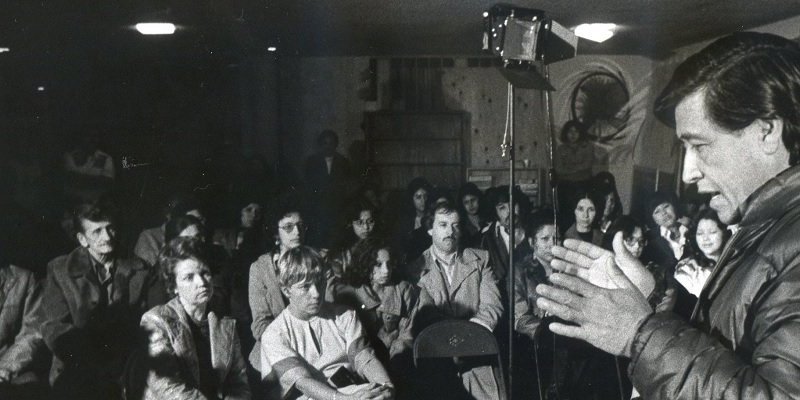
The ATF once suggested that Cesar Chavez’s United Farm Workers Union bombed themselves
When we first looked at Cesar Chavez’s FBI file, the Bureau was questioning the young labor organizer’s integrity. Decades later, a different Department of Justice component cast doubt on Chavez and the union he ran - even going so far as to suggest they had bombed themselves for the “publicity.”
-

Utah Department of Corrections releases Technical Manual for their execution process
When Emily Hopkins requested death penalty procedures from the Utah Department of Corrections in 2015, they were met with a rejection, and after that a denied appeal. However, whether it was the result of a new public records officer or a change in UDC policy, a request filed this year led to the release of the Technical Manual used in carrying out executions, including procedures for the firing squad.
-
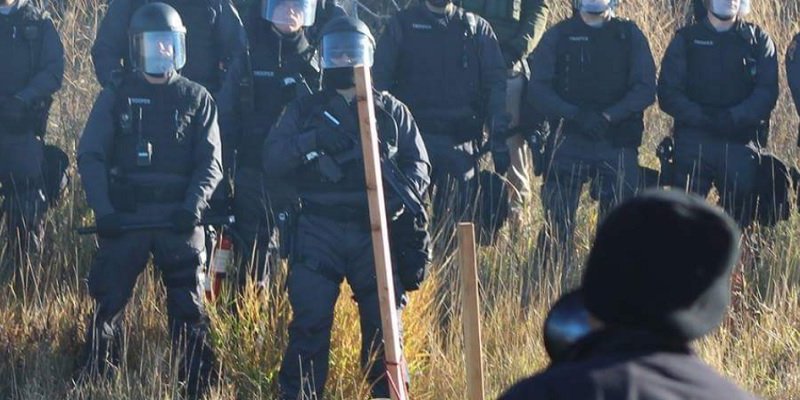
Ohio State Highway Patrol’s #NoDAPL photos show a familiar perspective - and confirm a sniper was deployed
In response to a public records request by Emma Best, the Ohio State Highway Patrol released a huge collection of photos and video taken during its deployment at Standing Rock. While a large amount were culled from protestor’s social media accounts, a separate .zip file contains official police records - including some that appeared to be taken by someone that had been inside the camp, and one that showed a sniper overlooking the protest.
-
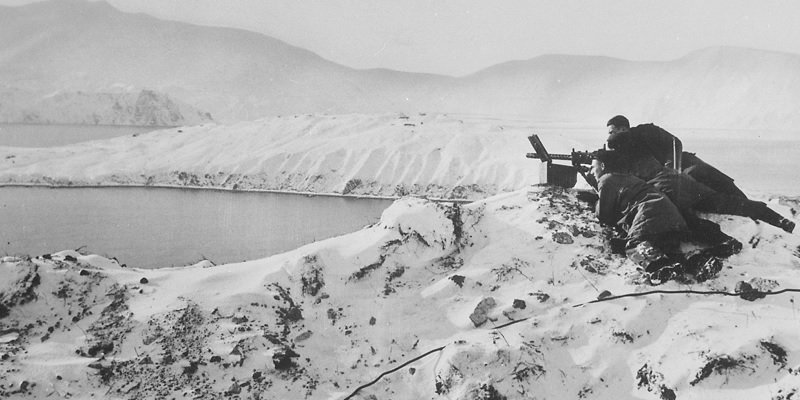
CIA studied Alaskan Stay-Behind efforts for tips on waging guerrilla war
While getting the cold shoulder from the FBI might had ended the CIA’s formal involvement in the Alaskan Stay-Behind plan, declassified documents show that several years later the Agency was looking at the Cold War contingency as a learning opportunity - particular in regards to burying weapons caches.
-
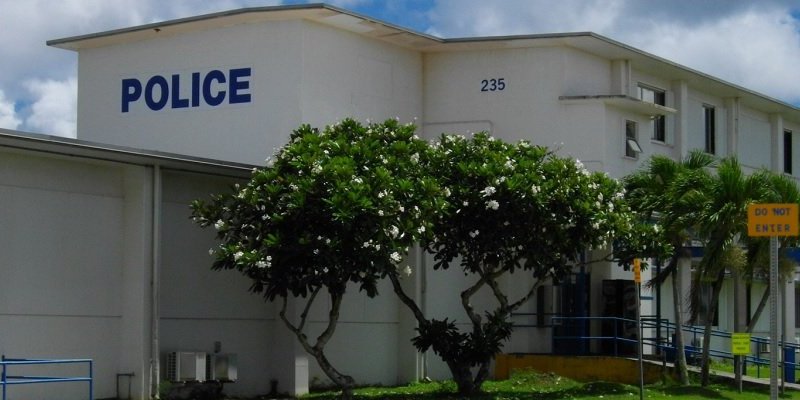
Apparently you can FOIA Guam
As part of a project to determine how much training came with the military gear the Pentagon was handing out to police departments, Dan Welch sent public records requests to all 50 states - and, for the heck of it, Guam. To our surprise, not only did the Guam Police Department respond, but they provided one of the most comprehensive releases.
-

Air Force tried to get CIA and FBI to cooperate on the Alaskan Stay-Behind network
While the FBI’s Stay-Behind network in Alaska has been previously explored - including how it was partially driven to spite the CIA - the Agency’s role in the Cold War contingency has largely been kept secret. Previously classified records reveal that the military specifically sought to get the CIA involved in the earliest months of the program.
-

FOIA March Madness 2017: Heading into the Semifinals
It’s week three of MuckRock’s bracket-style March Madness race to fill a FOIA the fastest, and while a few unlikely challengers are looking strong heading into the semis, an entire division is looking like their heart just isn’t into it.
-

IRS achieves a new milestone in FOIA denial: the password-protected Glomar
Two years ago, we wrote about the IRS giving us one of our most infamous FOIA responses - an encrypted CD full of entirely redacted documents. Now, just a couple days before Tax Day, the agency does it again, reaching new heights of frustration with our first password-protected Glomar rejection.
-

Meet Ahtna, Alaska’s very own private prison company
We know that CoreCivic and GEO Group continue to dominate the field of for-profit incarceration. But what do we know about the little guys looking to help the government with lock-ups? Meet Ahtna, Alaska’s very own private prison company.
-

FBI claims roots of Puerto Rico terrorism lie in the U.S.’ own foreign policy
In early 1983, FBI agent Don Levy went to the CIA’s Polygraph Training School to deliver a speech on “Terrorism in the U.S.,” with a large focus on violent unrest in Puerto Rico. A copy of the speech, released through CREST, gives us new insight into the history of FBI’s counterterrorism views and approaches - recognizing the U.S.’ role in fostering terrorism, if not its responsibility.
-

Bowling Undercover: the unique challenges of the CIA’s recreational activity leagues
In most professions, all it takes to form an after-work bowling league is an overly long email chain and some beer money. As a declassified memo unearthed in CREST shows, in the CIA, it’s a lot more complicated. Like, “cover story and security briefing” complicated.
-

Loose lips nearly sank the FBI’s Stay-Behind plan to fight the Soviets
During the Cold War, the FBI created a plan to develop a network of Stay-Behind Agents in Alaska, who would become active in the event of a Russian invasion, become the backbone for domestic operations. Buried in the Bureau’s file is a memo documenting how the plan was endangered in 1951 by loose lips and poor operational security
-
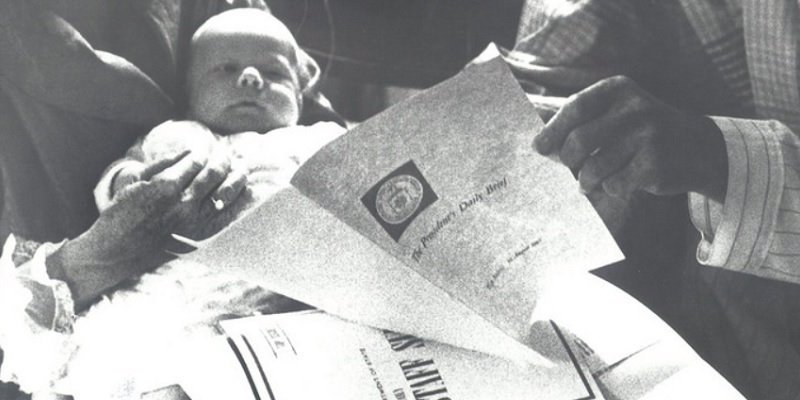
Stories FOIA told this week repealed but not replaced
Stories FOIA told this week has a last minute change of plans, but still coming through with your weekly round up of great stories FOIA and public records helped tell this week — plus news about changes (or potential changes) in state laws.
-

The same billionaire that funded Trump’s campaign bankrolled Milo’s college speaking tour
Curious how much college Republicans were shelling out to have Milo Yiannopoulos come to their campus, Matthew Guariglia requested records related to his speaking tour. What he found led to a larger understanding of the few super-rich individuals funding a conservative movement.
-

What’s the cost of making a phone call from prison in Massachusetts?
Prison technology companies like Securus often offer commissions to their partners as part of their correctional phone services. The new release from a Massachusetts county provides a glimpse into one department’s cut of the calls.
-

DIA worried the Soviets might try to “Incept” them
An unclassified excerpt from the DIA parapsychological monograph on “Soviet Offensive Behavior” from 1972 outlines some of the Agency’s fears over reports of Soviet psychic abilities - specifically, “Telepathic Hypnosis.” The section claims that Soviets had managed to telepathically put people to sleep and wake them up from over a thousand miles away, with Kotkov, a star Soviet psychologist, able to “telepathically obliterate an experimental subject’s consciousness.”
-

Fremont Police opts into similar cell site simulator contract as Oakland
About a month ago we uncovered Oakland Police’s new cell site simulator agreement with the Alameda County District Attorney’s Office, which gives them access to the powerful HailStorm, an updated version of the Harris Corporation’s infamous StingRay. In those documents we saw that Fremont Police Department was also going to take up Alameda County on their offer to use the device, so we filed a request - they got back to us last week with their own records, and it appears they have completed the necessary steps to begin using the device.
-

CIA begrudgingly prepared report on Soviet use of laser weapons against the Chinese
A few years after the Nixon administration first re-opened communication with the People’s Republic of China, the CIA found itself having to field persistent requests from the Navy to enlist Kissinger’s help in substantiating rumors that the Soviets had deployed a laser weapon against the PRC.
-

UNC-Chapel Hill won a $866 thousand grant to produce counter-jihadist propaganda for Homeland Security
In the last days of Obama’s presidency, the University of North Carolina at Chapel Hill won a grant worth $866,687 under the Department of Homeland Security’s Countering Violent Extremism initiative to produce counter-jihadist propaganda. According to the proposal, the University will invest the money in hiring 36 undergraduate students with a background in “study of jihadist messaging strategies, video game design, and media production.”
-

FOIA March Madness 2017: Round Two Begins
MuckRock’s bracket-style March Madness race to fill a FOIA the fastest kicked off last week. Can USDA hold onto their title? Did the Highway Administration outpace Amtrak? Is ICE or BOP less bad? Find out now with a look at who advanced from Round One.
-

MuckRock’s Earth Day Document Guide
Spring is in the air and Earth Day is around the corner. Here are a few ideas from MuckRock to get those requests rolling for next month’s environmentally-focused stories.
-

In “unprecedented” move, the Office of Government Ethics couldn’t get in touch with Trump transition team after election
In what Walter Schaub, Director of the U.S. Office of Government Ethics calls “unprecedented,” released emails show the Trump transition team neglected to work with OGE prior to announcing cabinet picks.
-

In a letter to the editor, CIA Public Affairs Director corrected the record with a lie of omission
In 1981, CIA’s Director of Public Affairs took exception with newspapers reporting that Frank Sturgis was a former CIA employee - such a problem, in fact, that he wrote to the editors of several newspapers to try to issue a correction. There was just one problem: recently declassified records show that it was the truth.